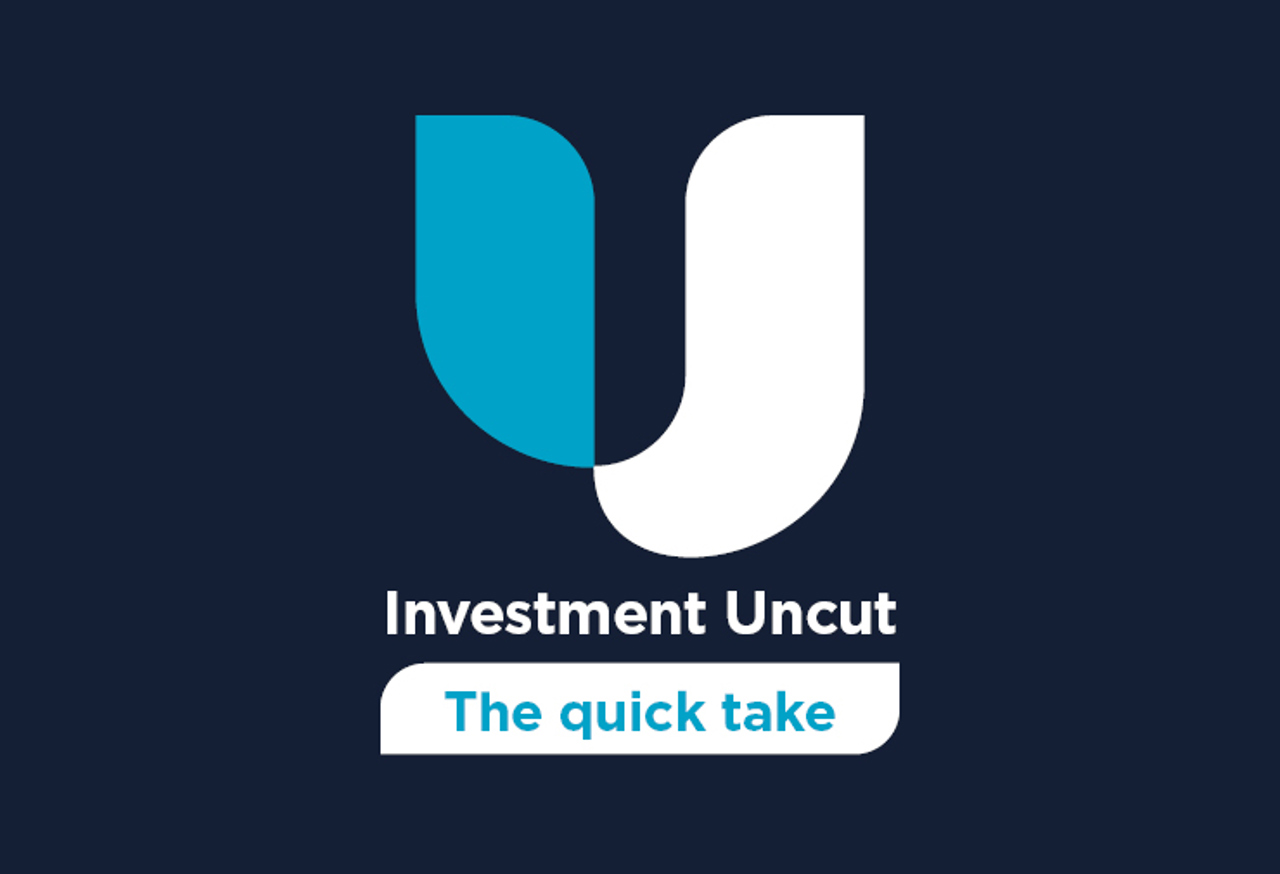Investment Uncut: Systemic risk in the financial sector with David Aikman
Investment Pensions & benefits Professional trustee selection Responsible investment and stewardship Economy RiskYou can listen to our podcasts online via the player below or search for 'Investment Uncut' and review, rate and subscribe on Apple Podcasts, Spotify, Pocket Casts or SoundCloud.
This episode was recorded on 12 January 2024 and therefore does not reflect any events after this date.
In our eighth episode of season five, Mary Spencer and Jacob Shah explore systemic risk in the financial sector with David Aikman, Director of the Qatar Centre for Global Banking and Professor of Finance at Kings College London. Prior to his current role, David spent 17 years working as an economist at the Bank of England – most recently in the role of Technical Head of Division in the Financial Stability Strategy and Risk Directorate where he led the Bank’s work on various macroprudential issues.
Before we interview David, we also speak to Natalie Winterfrost, Independent Trustee at Law Debenture, for our “Views from the Boardroom” feature. With Natalie, we talk about the discussions she’s had in meetings recently with her various “hats” on. Natalie also outlines the areas she’d like to see progress on in 2024, including: solving the illiquids challenges across DB and DC pensions; moving from climate reporting towards real world action; and focussing on other responsible investment issues, not just climate. In our discussion with Natalie, we mentioned:
- The Taskforce for Nature-related Financial Disclosures
- Checking your strategic direction to ensure it remains fit for purpose – LCP’s number 1 priority for DB schemes this year!
With David we discuss:
- The main participants in financial systems and what roles they play in the stability and efficiency of the financial system. The fact that Banks represent maybe 50% of the financial system, yet historically attract significantly more attention (for good reason at times).
- The kinds of regulatory measures or frameworks he considered and implemented when he worked at the Bank of England and how these have evolved over time.
- The process of credit creation by banks, how this aligns with the Bank of England's monetary policy objectives and what risks arise as a result.
- How cryptocurrencies might influence the broader financial system and how traditional financial institutions should be thinking about these. In this section, David mentioned the Bank of England’s proposed regulatory regime for stablecoins, which are cryptocurrencies that are designed to be less volatile than other cryptocurrencies (like Bitcoin) by being pegged to traditional assets such as the US Dollar. You can find the Bank of England’s paper here.
What’s one thing you would like listeners to take away from this?
It is important to not lose sight of the financial stability risks that can emerge in a financial system. We pay a lot of attention to these when things go wrong and then forget about them in normal times. Even though the job of a supervisor or central bank is hard and gets a lot of criticism, we do need to support these individuals in what they’re trying to do.
Any recommendations for additional reading or listening:
Each LCP Investment Uncut podcast is for information and marketing purposes only and does not constitute any form of investment or financial advice or a financial promotion (under the Financial Services and Markets Act 2000). All views expressed by the podcast hosts and guests are purely their own opinions and do not represent those of LCP, its clients or affiliates. LCP does not provide any warranty, guarantee, or representation as to the accuracy or sufficiency of the information featured in this Podcast. Past performance is not indicative of future returns. Our podcast listeners should always seek independent financial or legal advice before making any financial or investment decisions. Please refer to the Legal Notices section on the LCP website for further information.


